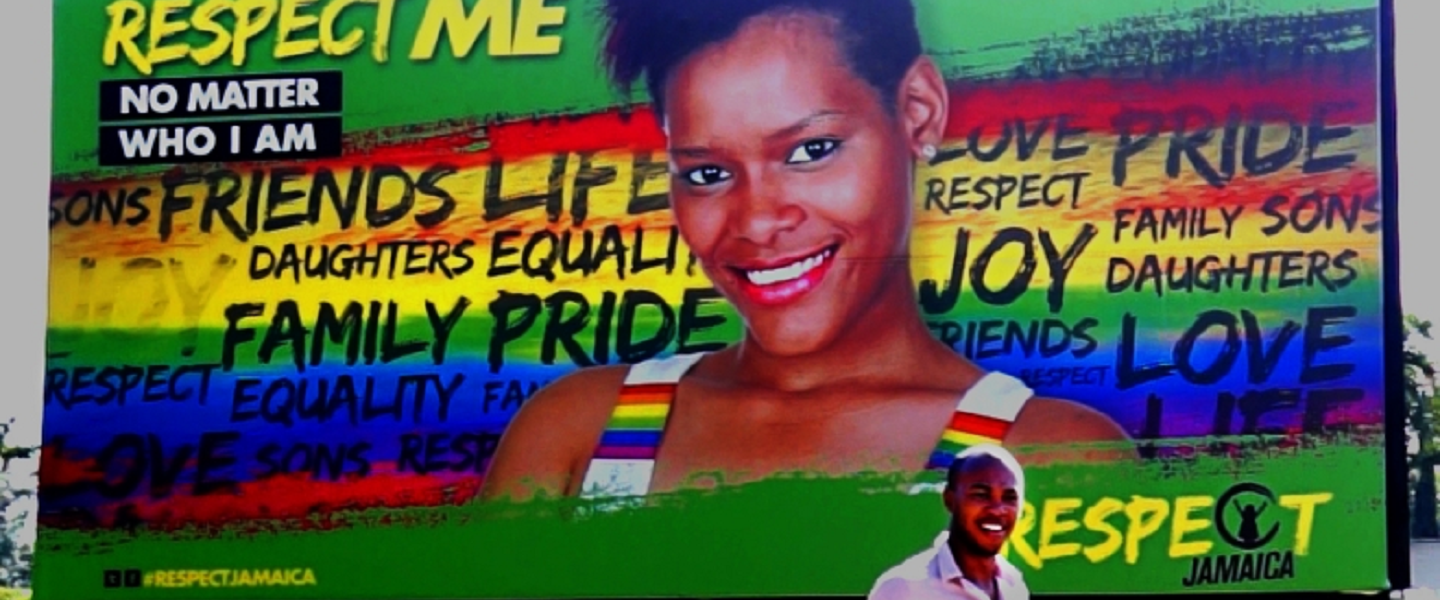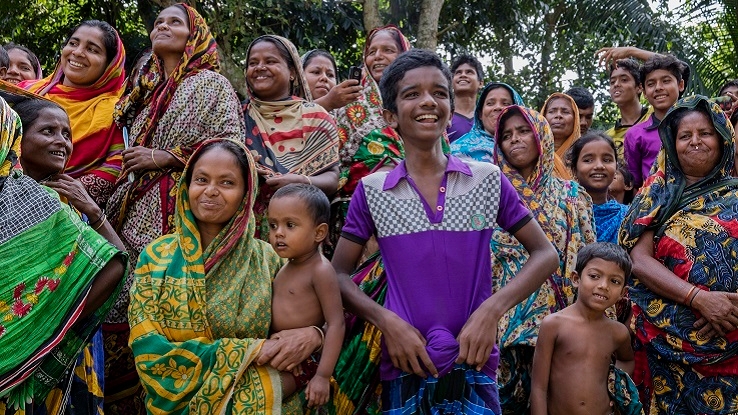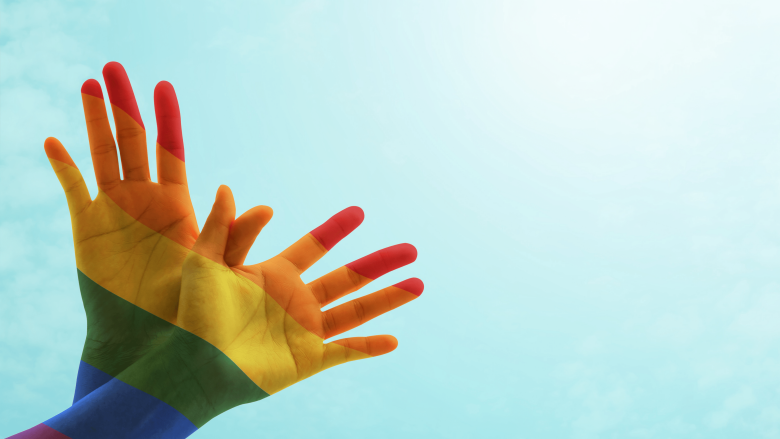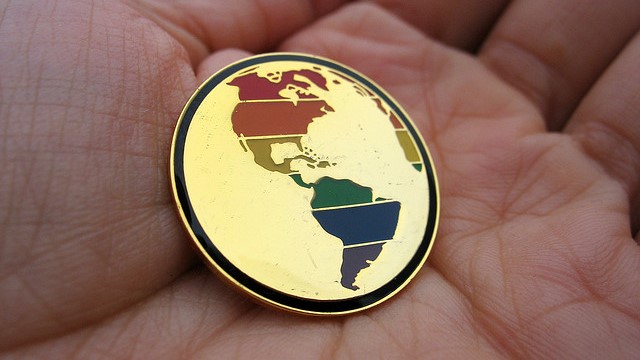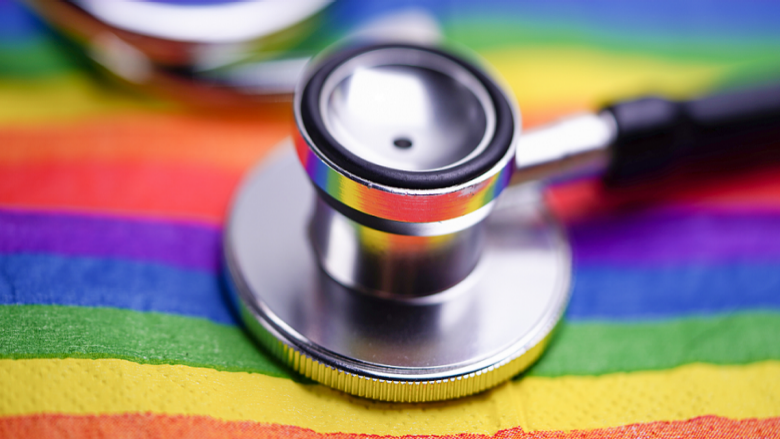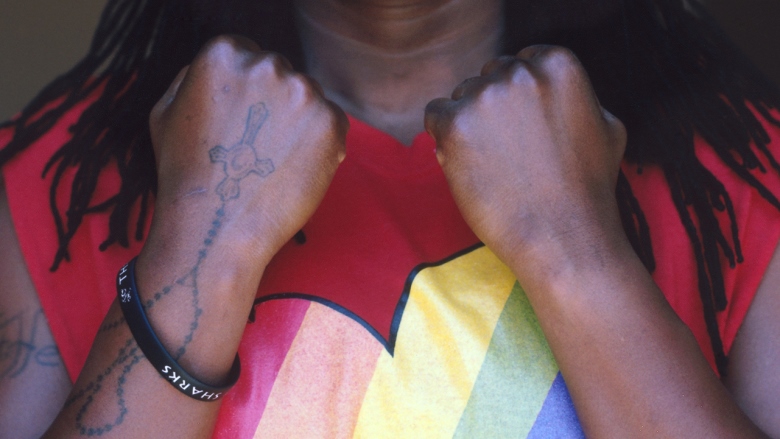Economic or social discrimination on the basis of sexual orientation and gender identity (SOGI) adversely impacts excluded individuals and the communities and economies in which they live. Such discrimination reduces education outcomes; increases unemployment rates; and hinders access to housing, health care, and financial services.
As part of our mission to end poverty on a livable planet, the World Bank works to ensure that everyone can share in the benefits of projects we support. For example, that all people can access health services, regardless of whether they are disabled or not, or whether they are from the majority ethnic group or not. This includes people who may otherwise be excluded because of their real or perceived sexual orientation or gender identity. This commitment to non-discrimination is a core part of the policy framework governing our operations, in particular the Environmental and Social Framework.
Where requested by our clients, we support work to address obstacles facing particular groups, including on sexual orientation and gender identity. This is the case for example in Brazil, Serbia, and North Macedonia where we supported research to estimate economic costs of exclusion.
Examples of the Bank’s operational and analytical work include:
- Following the Women Business and the Law approach, the first edition of the Equality of Opportunity for Sexual and Gender Minorities (EQOSOGI) report covering 16 countries was launched in 2021. It identifies laws that impact sexual and gender minorities’ ability to access markets, services, and spaces on an equal footing with everyone else in a country and examines how those laws either enable or act as barriers to equality of opportunity. EQOSOGI 2, covering 64 countries, was released in September 2024.
- The Economic Cost of Exclusion in North Macedonia and Serbia reports provide data on key labor market indicators for lesbian, gay, bisexual, transgender, and intersex (LGBTI) people and their experiences of labor market discrimination and exclusion, along with an estimate of the resulting economic impact. The studies estimate that the annual economic loss due to SOGI-based exclusion totals 0.5 % of the GDP of both North Macedonia and Serbia.
Experts

Global Adviser on Sexual Orientation and Gender Identity (SOGI), World Bank Group
